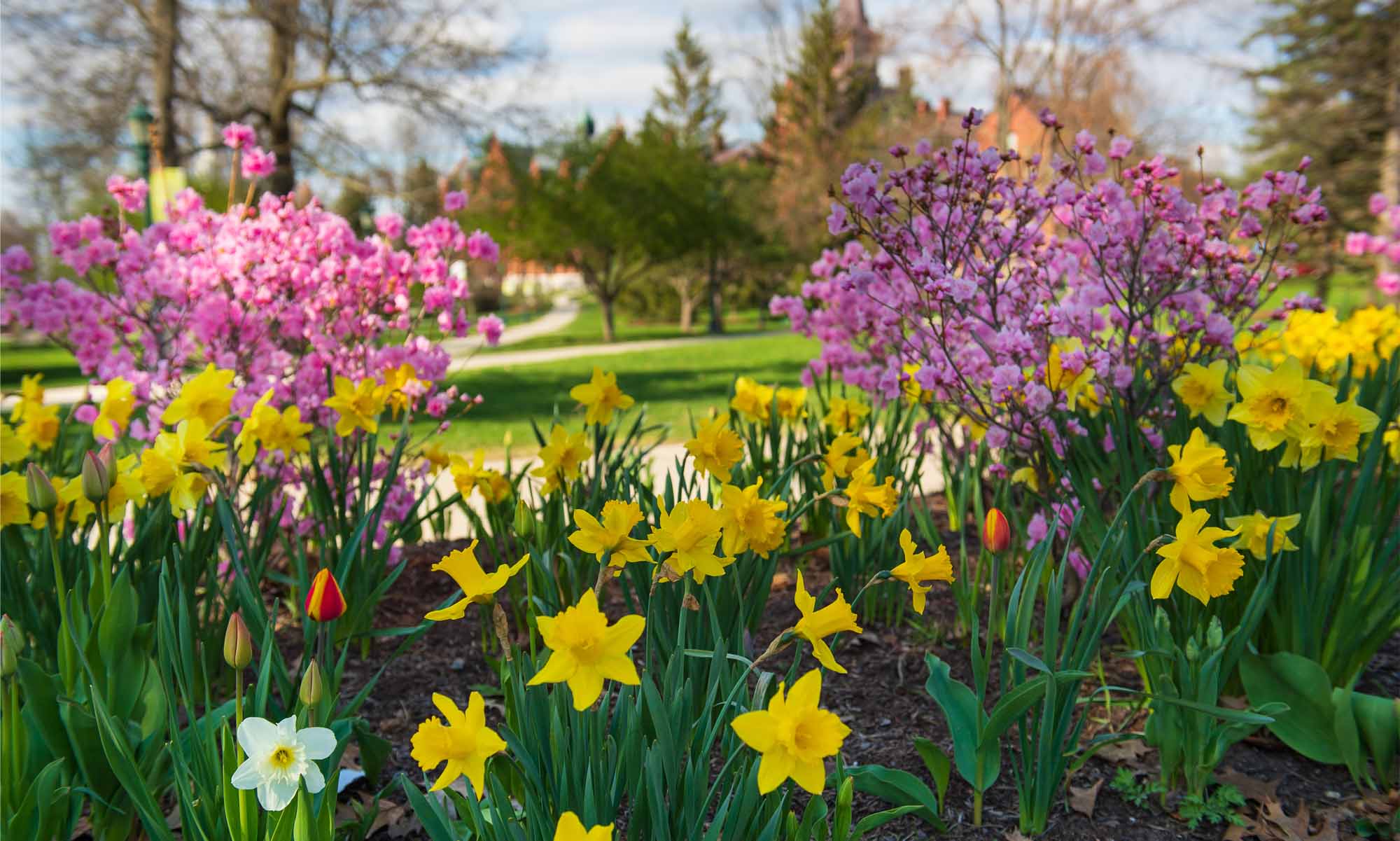
USDA NIFA awarded UVM Extension one of 11 grants in the AFRI Food and Agriculture Non-formal Education (FANE) program that supports content development and activities for non-formal education to foster development of technology-savvy youth.
Co-PIs Sarah Kleinman and Scott Lewins were awarded $645,856 to fund Agrotek Innovation, a series of non-formal educational experiences to create a pathway to education and careers in food and agriculture. Participants work side by side with faculty researchers and undergraduate mentors, and engage in experiments using an inquiry-based approach to explore four innovative agrotechnology curricula:
- Shifting the Waste to Value Paradigm.
- Creating Smarter Plastics with Plants.
- Using Virtual Reality for More Precise Agriculture.
- Culturing Cells for Healthier Soils.
Through these experiences, participants will begin to make decisions regarding the design, execution and evaluation of projects that will build public confidence in the safe, equitable, and enhanced use of technology in agriculture, the environment, and food systems.
With an eye to current and emergent technologies and societal needs, the project’s curriculum will span basic research, production, processing, opportunity recognition, design thinking, prototyping, and economic impact of the food, fiber and energy potential Faculty expertise in precision agriculture with virtual reality technology and a variety of unique agricultural crops including algae, legumes, and industrial hemp fibers will be utilized.
This project will take a transdisciplinary approach that equips students in grades 7-12 with transferable skills through immersive research experiences, and by designing their own final projects that promote the safe and equitable use of biotechnology in food and agriculture. Faculty partners include CDAE Assistant Professor Steve Kostell, PSS Associate Professor Eric Bishop von Wettberg, CEMS Associate Professor Rachael Floreani and PSS Research Assistant Professor Scott Merrill.

